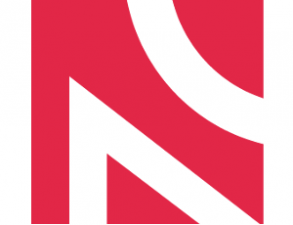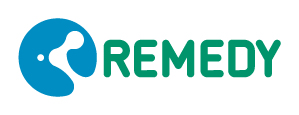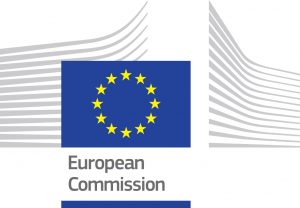Completed projects
Ethics of research with human subjects in precision medicine
Precision medicine concerns a new approach in treating patients by tailoring the appropriate therapy to the individual needs and genetic characteristics of a single patient. To test new potential therapeutics in a more rapid and efficient way, new models of conducting clinical trials have emerged. They are called “basket” and “umbrella” clinical trial designs and the number of such trials is rapidly increasing.
The aim of the project is to perform theoretical and ethical analyses of basket and umbrella studies in the context of seven fundamental requirements of ethical research.
Careful analysis of risk and benefits in novel research models in the era of precision medicine will enable the proposal of recommendations to increase the benefits for participants and society and reduce risks.
CARTHAGO: Cartilaginous tissue regeneration by gene therapy – Ethical challenges of gene transfer and regenerative medicine
The overall goal of the CARTHAGO project is to address the applicability of gene therapy in osteoarthritis and intervertebral disc degeneration from different perspectives, including optimization of cell delivery, gene expression and tissue penetration. The Jagiellonian University part of CARTHAGO aims to deliver an evidence-based analysis, ethics policy, advisory and training for all participants in the project.

Ethics of clinical trials during the COVID-19 pandemic
The COVID-19 pandemic created unprecedented pressures for clinical trials regulators, ethics committees, researchers and other stakeholders to invent and register medicines and vaccines as quickly as possible. The aims of the project are A) to systematically collect and examine new methods and organization accelerators of clinical trials in the time of the COVID-19 pandemic, and B) to perform both ethical analyses of risks and benefits and analyses of the social values of this novel accelerated approach in developing new medicines.

Ethics of biomedical research with children. Risk, benefits and participants’ rights
Over 50% of the medication prescribed to children is used in an off-label way. In order to change this status quo, many institutions introduced new regulations. The aims of the project are to assess the effectiveness of regulatory actions in paediatrics, collect high-quality in a series of systematic reviews data and present recommendations. The project combines aspects of descriptive and normative ethics. The objective of the descriptive section is to assess the risk and benefits of selected paediatric research, taking success and research waste into account. The normative section aims to analyse the ethical principles of paediatric research based on the collected data, as well as to suggest new solutions.
 Biomedical Research with Human Subjects. Bioethical Issues
Biomedical Research with Human Subjects. Bioethical Issues
The project developed methodological tools that will facilitate the process of ethical evaluation of biomedical research on human subjects. The project considered in particular four problems: determining conditions of participation for vulnerable populations, risk-assessment methods in biomedical research, the principle of ethical randomisation, and the characteristics of ethical demands on research in epidemiology (principles of Good Epidemiological Practice).
Children in phase 1 cancer trials. Risk and social benefit
This project evaluated the risk/social benefit of enrolling children in phase 1 cancer trials. The project had two stages. First, estimate the social value of pediatric phase 1 studies by determining the probability that interventions tested in phase 1 pediatric studies are advanced into randomized trials and/or product labeling revisions. Second, use this estimation of social benefit, combined with our previous estimates of (clinical) risk and direct benefit, to ethically evaluate risk/benefit in pediatric phase 1 cancer studies. The latter benchmarked our estimated risk/benefit against other, morally relevant standards (e.g. risk/benefit in adult studies or risk/benefit for nonparticipation in trials).
Disaster Bioethics: addressing ethical issues triggered by disasters
The goal of the European Cooperation in Science and Technology (COST) Action was to improve ethical decision-making for disasters by gathering knowledge of the ethical dilemmas and issues, carefully examining them, and developing training materials and published resources to address disaster ethics (from the Memorandum of Understanding).
SKILLS – Mentoring, Foundation for Polish Science (FNP)
Marcin Waligóra participated in the programme, working with Prof. Jonathan Kimmelman of McGill University in Canada on a one-to-one mentoring basis.
Advanced Certificate Program in Research Ethics in Central and Eastern Europe
Postgraduate study programme featuring a research project. Participation in the research element involved preparation of the publication Badania naukowe z udziałem ludzi w biomedycynie. Standardy międzynarodowe [“Biomedical Research Involving Human Subjects. International Standards”], J. Różyńska, M. Waligóra (eds), Warszawa: Wolters Kluwer Polska 2012.
This project was supported in part by Grant Number R25 TW007085 from the US National Institutes of Health (NIH) Fogarty International Center. Its contents are solely the responsibility of the presenter and do not necessarily represent the official view of the Fogarty International Center or the NIH.


